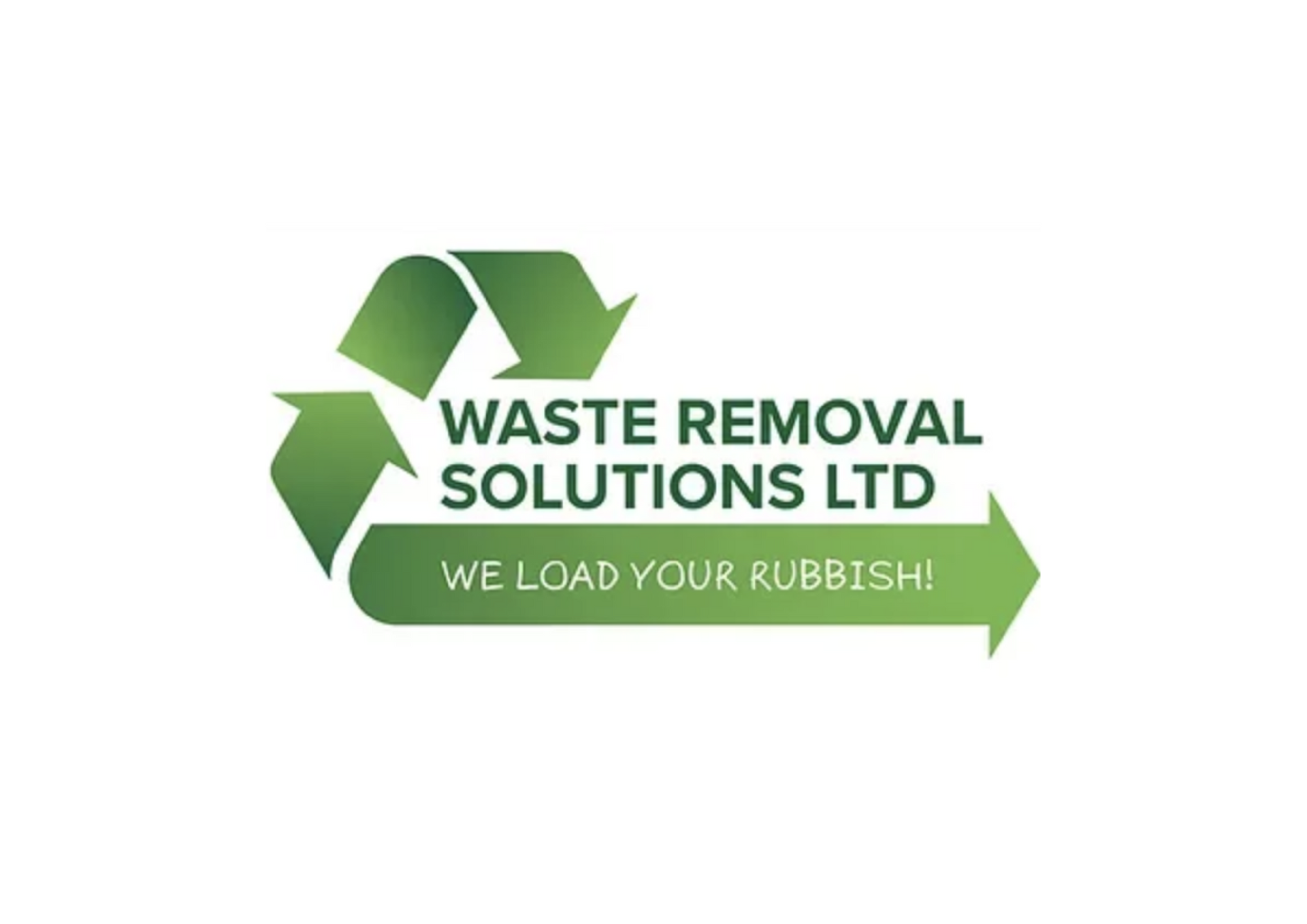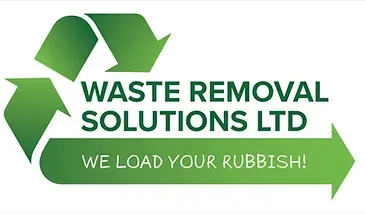In today’s technology-driven world, electrical appliances are an integral part of our daily lives. From smartphones and laptops to refrigerators and microwaves, these devices make our lives more convenient. However, as these appliances reach the end of their useful life, their disposal becomes a critical issue. Safe disposal of electrical appliances is not just a matter of clearing out old clutter; it is essential for environmental protection, human health, and compliance with legal regulations. Here's why it’s crucial to dispose of electrical appliances responsibly.
Environmental Protection
One of the most significant reasons for the safe disposal of electrical appliances is the protection of the environment. Many electrical devices contain hazardous materials such as lead, mercury, cadmium, and flame retardants. If these appliances are improperly disposed of in landfills, these toxic substances can leach into the soil and groundwater, causing long-term environmental damage.
For example, mercury, commonly found in older thermostats, batteries, and some types of light bulbs, can be incredibly harmful to wildlife and ecosystems if released into the environment. Similarly, lead, found in some televisions and computer monitors, can contaminate water sources and pose severe health risks to humans and animals alike.
By ensuring that electrical appliances are disposed of through proper recycling channels, these hazardous materials can be safely extracted and treated, preventing them from entering and damaging the environment. Moreover, many components of electrical appliances, such as metals and plastics, can be recycled and reused, reducing the need for virgin materials and lowering the overall environmental impact.
Human Health Risks
Improper disposal of electrical appliances also poses significant risks to human health. When appliances are dumped in landfills or illegally fly-tipped, the hazardous materials they contain can eventually find their way into the air, soil, and water. These contaminants can then enter the food chain, leading to potential health problems such as respiratory issues, neurological damage, and other chronic illnesses.
For instance, exposure to lead can cause developmental issues in children and cardiovascular problems in adults. Similarly, prolonged exposure to cadmium, another toxic substance found in some batteries and older electronics, can lead to kidney damage and bone fragility.
Safe disposal methods, such as recycling through authorised centres, ensure that these dangerous substances are handled with care and do not pose a threat to human health. Recycling facilities are equipped to dismantle appliances safely, ensuring that hazardous materials are contained and properly processed.
Legal Compliance
In the UK, the disposal of electrical appliances is governed by strict regulations designed to protect the environment and public health. The Waste Electrical and Electronic Equipment (WEEE) Regulations require that electrical and electronic equipment is collected, treated, and recycled in an environmentally sound manner. These regulations place the responsibility on manufacturers, retailers, and consumers to ensure that electrical appliances are disposed of correctly.
Under the WEEE Regulations, it is illegal to dispose of electrical appliances with regular household waste. Non-compliance with these regulations can result in substantial fines and legal penalties. Therefore, understanding and adhering to these laws is crucial for both individuals and businesses.
Most local councils offer designated collection points for electrical appliances, ensuring that these items are disposed of in accordance with the law. Additionally, many retailers operate take-back schemes, allowing consumers to return old appliances when purchasing new ones, further simplifying the process of safe disposal.
Conservation of Resources
Another important reason to dispose of electrical appliances safely is the conservation of valuable resources. Many electrical devices contain materials such as copper, aluminium, and rare earth metals, which are finite resources. Recycling these materials from old appliances reduces the need for mining and extraction, which are environmentally destructive processes.
For example, recycling a single tonne of mobile phones can recover over 300 grams of gold, 140 grams of platinum, and 130 kilograms of copper. By ensuring that electrical appliances are recycled, we can conserve these valuable resources and reduce the environmental impact associated with their extraction and processing.
Economic Benefits
Safe disposal and recycling of electrical appliances also have economic benefits. The recycling industry creates jobs and supports local economies by recovering and repurposing valuable materials. Additionally, recycling reduces the costs associated with waste management, as it is often more cost-effective to recycle materials than to produce new ones from scratch.
Furthermore, responsible disposal practices can help businesses avoid legal penalties and enhance their reputation as environmentally conscious organisations. Consumers are increasingly favouring companies that demonstrate a commitment to sustainability, making safe disposal practices not only a legal obligation but also a smart business strategy.
Conclusion
The safe disposal of electrical appliances is crucial for protecting the environment, safeguarding human health, complying with legal regulations, conserving resources, and supporting economic sustainability. As consumers and businesses, it is our responsibility to ensure that these appliances are disposed of through the proper channels, whether by using designated recycling centres, participating in take-back schemes, or following local council guidelines.
By taking these steps, we can significantly reduce the harmful impact of electronic waste, contribute to the conservation of valuable resources, and play a part in building a cleaner, more sustainable future.







